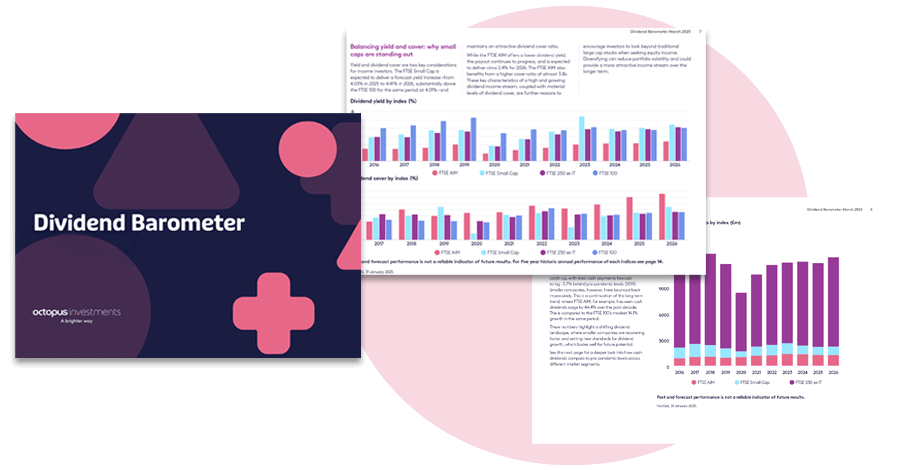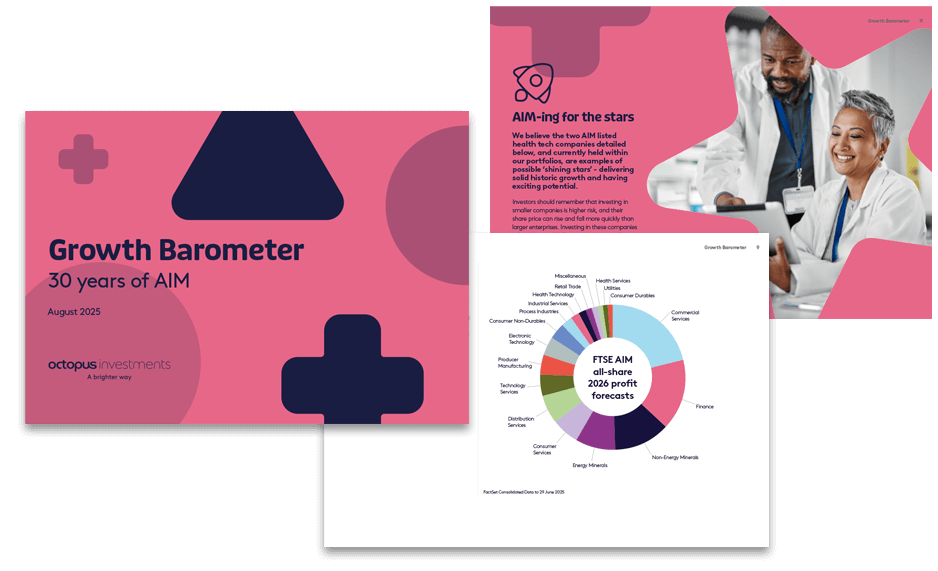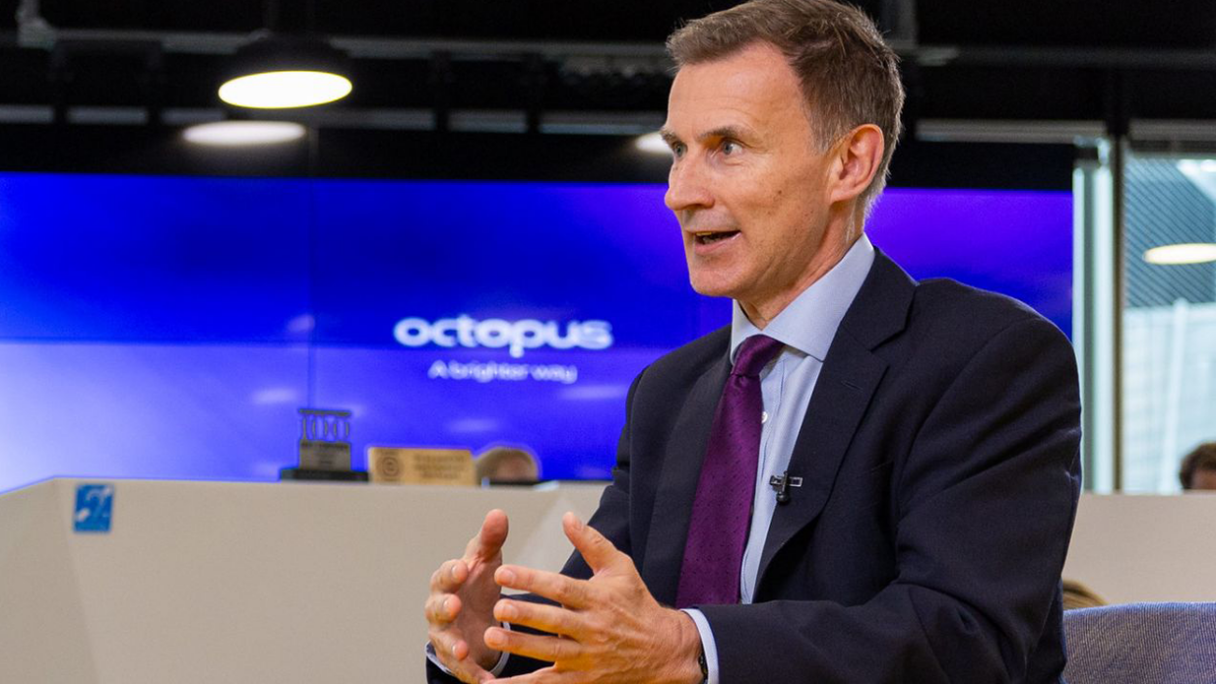Changes announced in the recent Budget were aligned with the narrative this Government has consistently stuck to.
The Budget continued the focus on making work pay, helping working families, and maintaining a tax base that can support improvements in important services, such as the NHS.
To this end, there were measures such as the 2p reduction in employee and self-employed NICs, building on the reduction already given in the Autumn Statement.
What is just as telling, is what didn’t feature in the Budget
The Government did not make any concessions to their wealthy voter base. This strongly suggests that this year’s speculation surrounding possible changes to inheritance tax did not originate from the Prime Minister or Chancellor. That shouldn’t surprise us, as it would be completely at odds with the policy objectives set out by the current Government.
So what’s next for tax policy this year? We are unlikely to see another fiscal event from this Parliament, which means we’ll need to look to each party’s manifesto pledges to see what plans they each have for the coming years.
So it might feel as though we are unlikely to have a clear understanding of future tax policy any time soon. But is this any different to a “normal year”? Considering the potential for change is part and parcel of financial planning.
On some very important points of policy, both parties seem aligned. Both have voiced strong support for investing in UK businesses, and in particular small companies with strong growth potential. Both parties backed the extension of Venture Capital Trusts and the Enterprise Investment Scheme, which are designed to encourage those who can afford to take the risk to invest in very early-stage companies. Both parties want to put cutting taxes for working people ahead of backing tax cuts for the wealthy.
But what does this mean for estate planning?
The most important consideration is the rate of inheritance tax relief that applies when you die. This, in turn, will depend on the policy of the Government that is in power at that time. Good estate planning is designed to ensure your wishes are in a good place to be fulfilled over the long term. It’s good practice to revisit plans should the legislative environment change. Putting off estate planning to see what happens is unlikely to form part of good estate planning, since no one can predict when they will die.
While there has been some press speculation that the current Government would like to cut inheritance tax popping up throughout the last 12 months, none of it looks to have come from the Government itself. It didn’t get a mention in either the Autumn Statement or the Spring Budget, and would run counter to the announced policies which have focused on cutting taxes for working people and businesses to stimulate productivity.
In January, No. 10 even took the unusual step of confirming inheritance tax speculation in the press was indeed only speculation, and explaining the value of inheritance tax receipts to public services1 – this is not language typically used around taxes that are about to be reduced or abolished, as we have now seen.
The Labour Party’s position in relation to inheritance tax policy is just as important as that of the current Government. Labour have given plenty of indications as to their stance on inheritance tax should they win the election, not least Keir Starmer’s clear pledge that, if the Tories reduced inheritance tax, he would reverse that change because he does not believe “further tax cuts for those that are very wealthy” are the right way forward. 2 Along with Rachel Reeves stating they would not look to bring in a wealth tax (a typical alternative to inheritance tax).
What’s next for tax policy this year? We may not see another fiscal event from this Parliament, which means we’ll need to look to each party’s manifesto pledges to see what plans they each have for the coming years. This might feel as though we need to wait to have visibility of potential future tax policy. But is this any different to a “normal year”? Considering the potential for change is part and parcel of financial planning.
Remember the risks
As with all investments, it’s important to remember the value of an investment, and any income from it, can fall as well as rise. Investors may not get back the full amount they invest. The shares of VCTs, smaller, unquoted and AIM-listed companies could fall or rise in value more than other shares listed on the main market of the London Stock Exchange. They may also be harder to sell. Tax treatment depends on individual circumstances and tax rules could change in the future. Tax relief depends on the VCT or portfolio companies maintaining their qualifying status. An Octopus AIM ISA is likely to be higher risk than more mainstream stocks and shares ISAs.
Next steps
If you have any questions, please get in touch.
1 https://www.theguardian.com/politics/2023/dec/27/tories-consider-scrapping-inheritance-tax-and-helping-first-time-buyers
2 https://news.sky.com/story/starmer-refuses-to-commit-to-unfreezing-tax-thresholds-if-labour-wins-election-13042229










